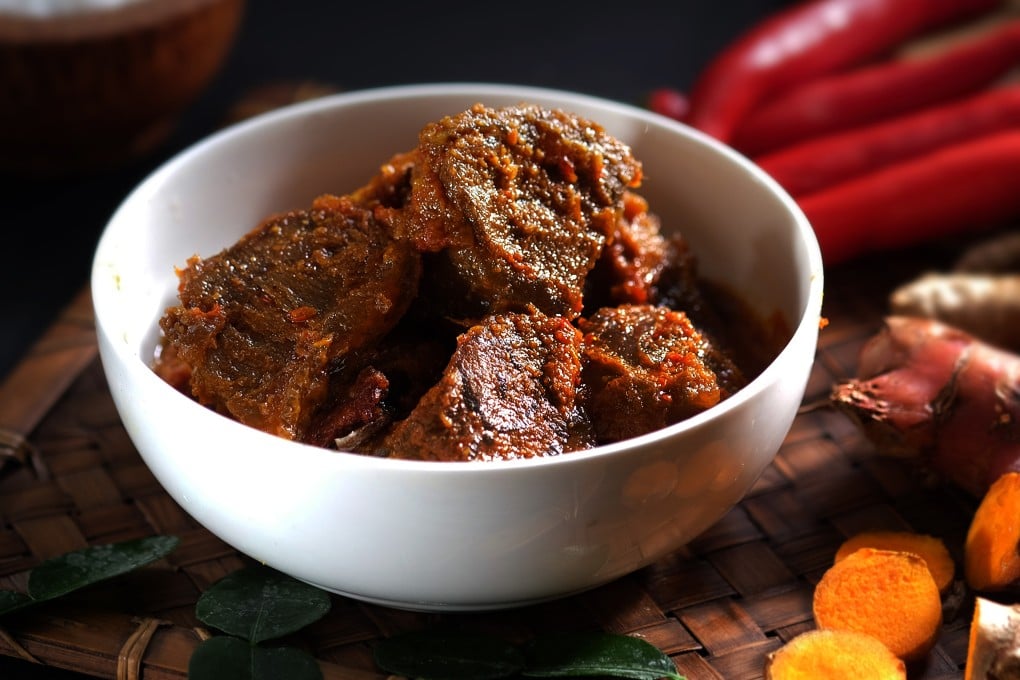Indonesia’s cuisine is world-class, so why does it do a half-baked job promoting it?
Indonesian cuisine, voted the world’s seventh best by TasteAtlas, is struggling for global influence despite outranking French and Japanese dishes

As Indonesia’s mouthwatering food continues to gain international recognition and acclaim, experts say the nation has done a half-baked job of promoting its culinary and cultural assets, which has failed to translate into influence on the global stage, keeping the country’s enormous soft power potential untapped.
Indonesian food was voted the world’s seventh-best cuisine, on par with the French and ahead of the Japanese, according to the latest ranking issued by TasteAtlas, an online guide for the world’s traditional food and authentic restaurants.
The site also ranked bawang goreng, fried shallots that are ubiquitous in Indonesia, as the world’s best condiment two years in a row, defeating China’s soy sauce and South Korea’s gochujang.
Indonesia’s black meat soup, or rawon, pempek (fish cakes), nasi goreng ayam (chicken fried rice), gulai or lamb stew, and rendang, a slow-cooked beef curry, were also voted among the site’s best dishes this year.
The latest recognition does not shock Eka Moncarre, owner of La Maison de l’Indonésie, an Indonesian restaurant in Paris. Rendang, she noted, was voted the world’s most delicious food in 2011 and 2017 by CNN.

However, the latest ranking “will not influence the popularity of Indonesian food in France” or elsewhere in Europe unless it is accompanied by consistent promotion, she said.
